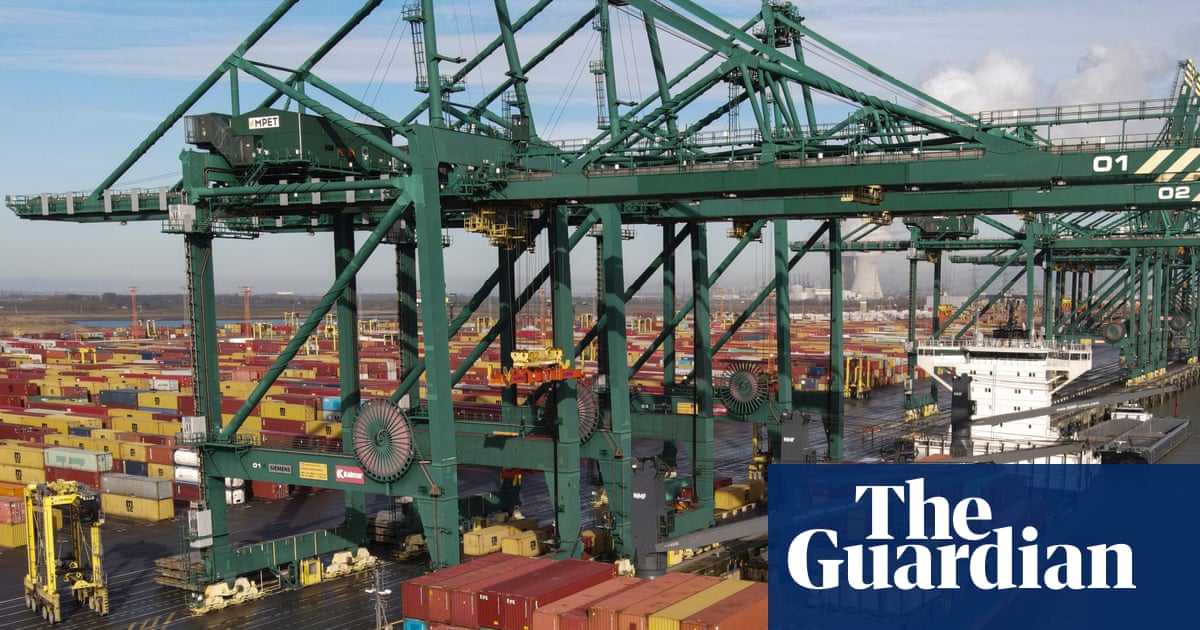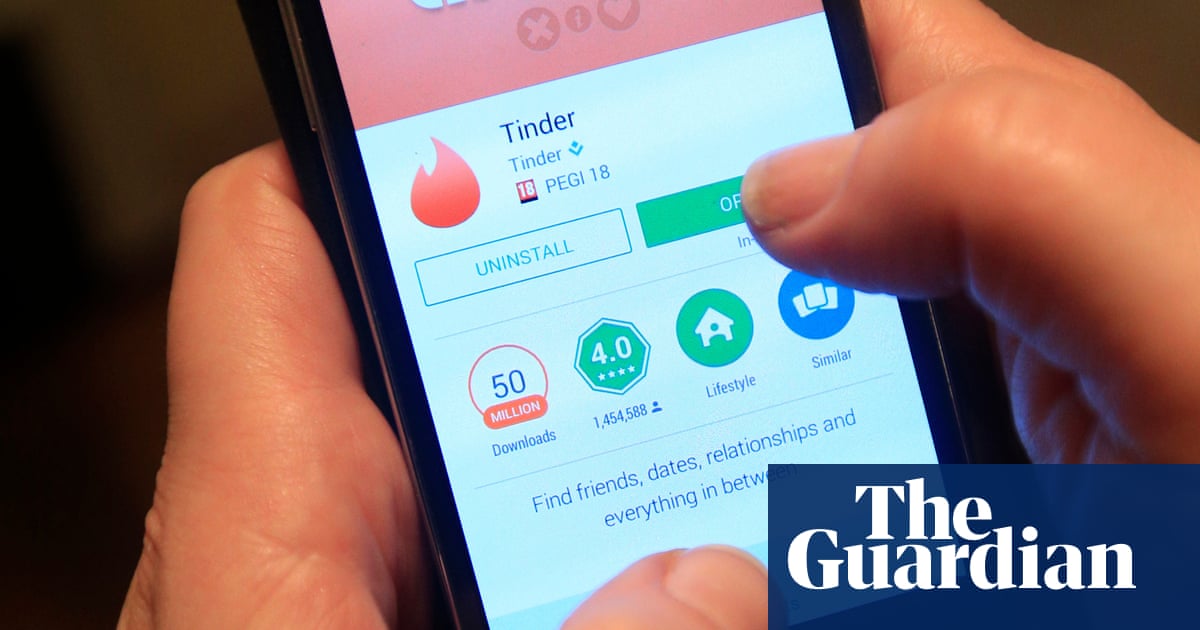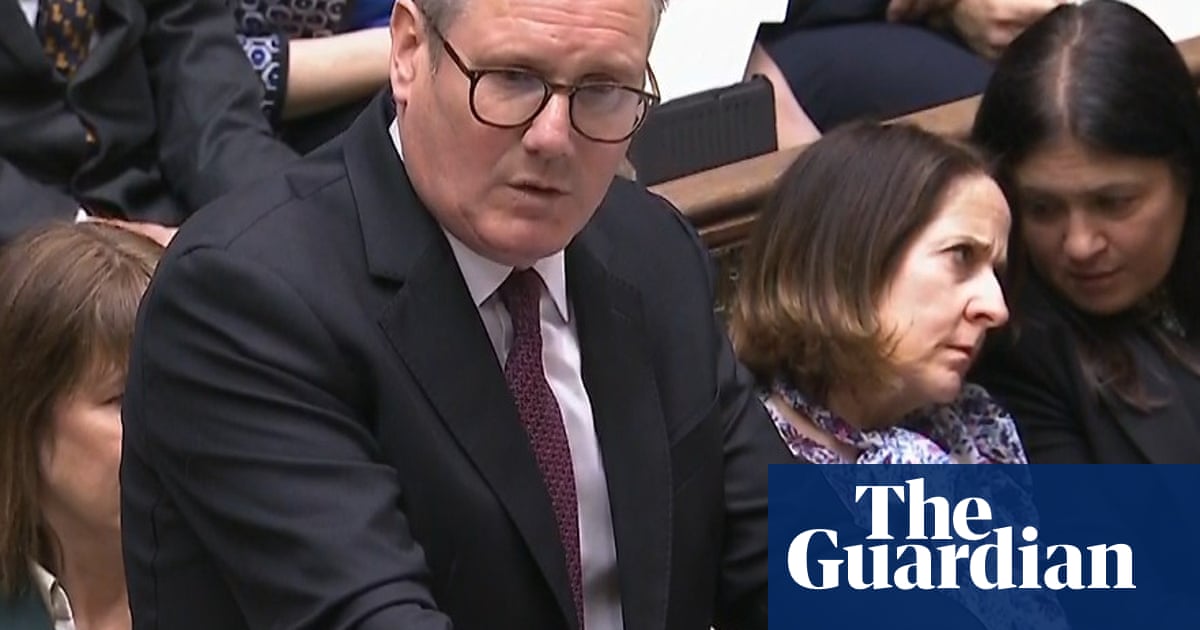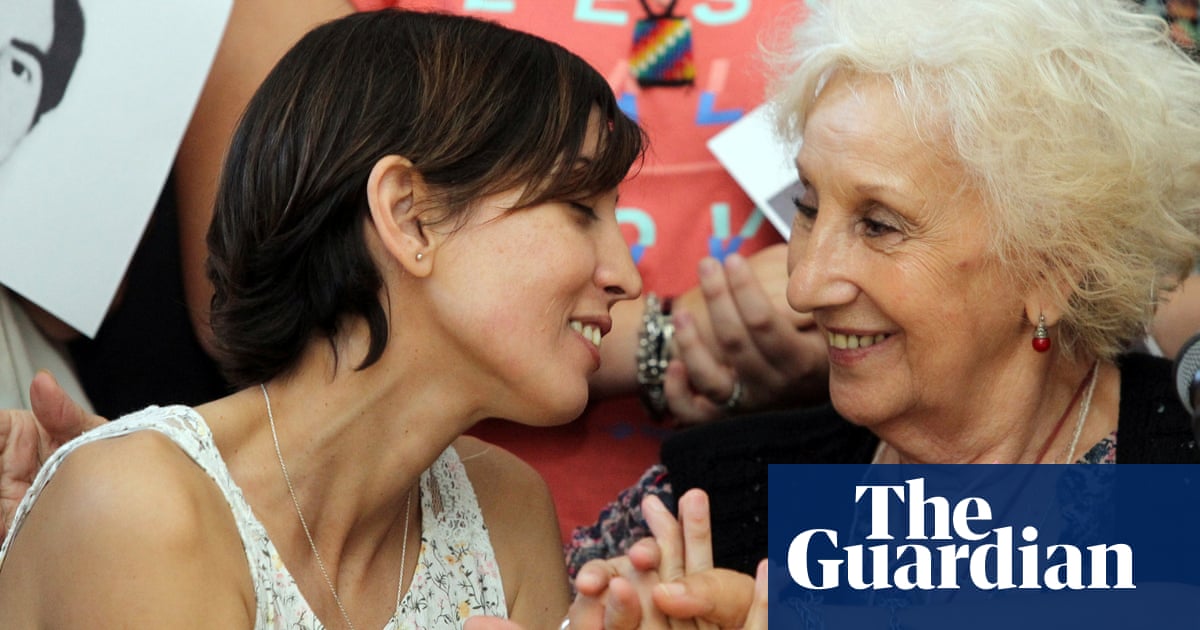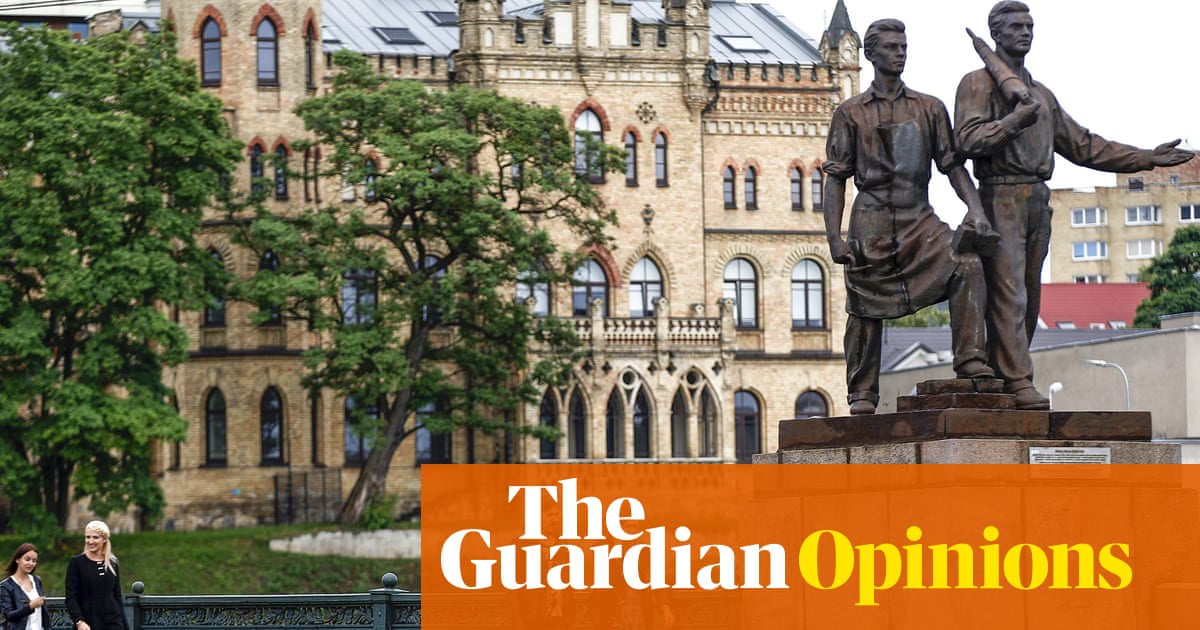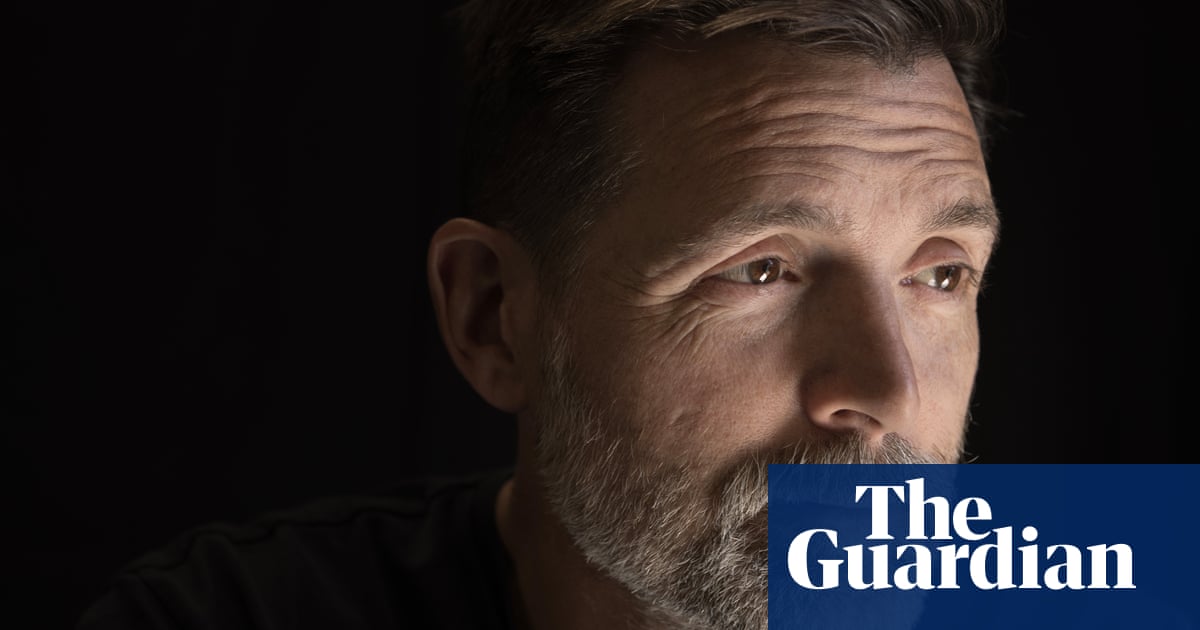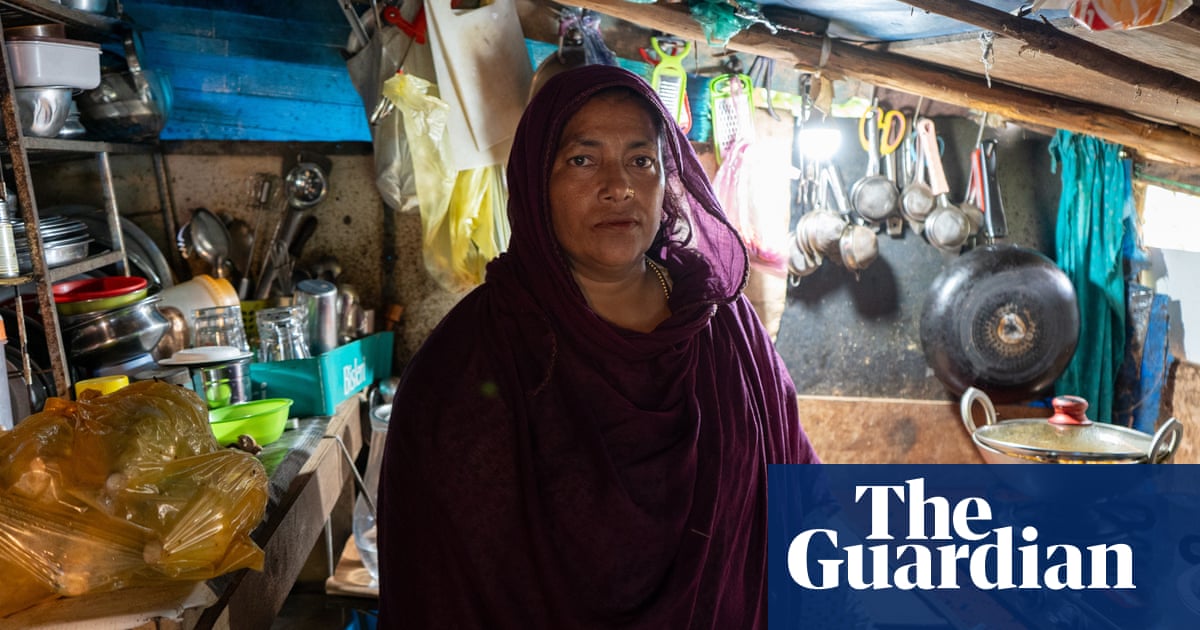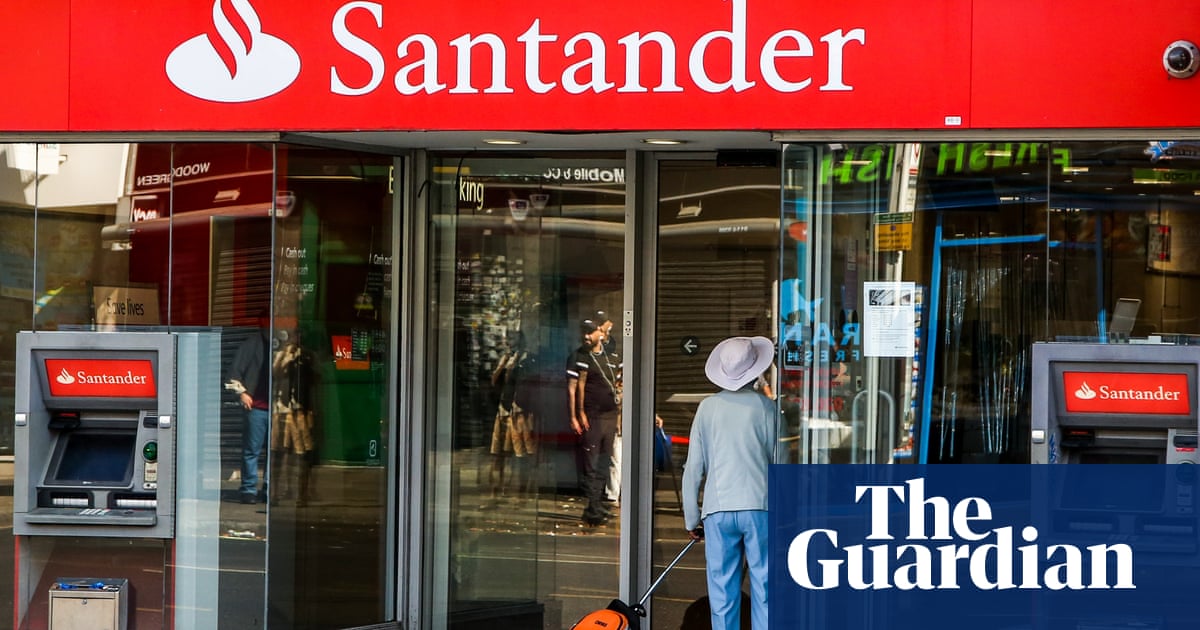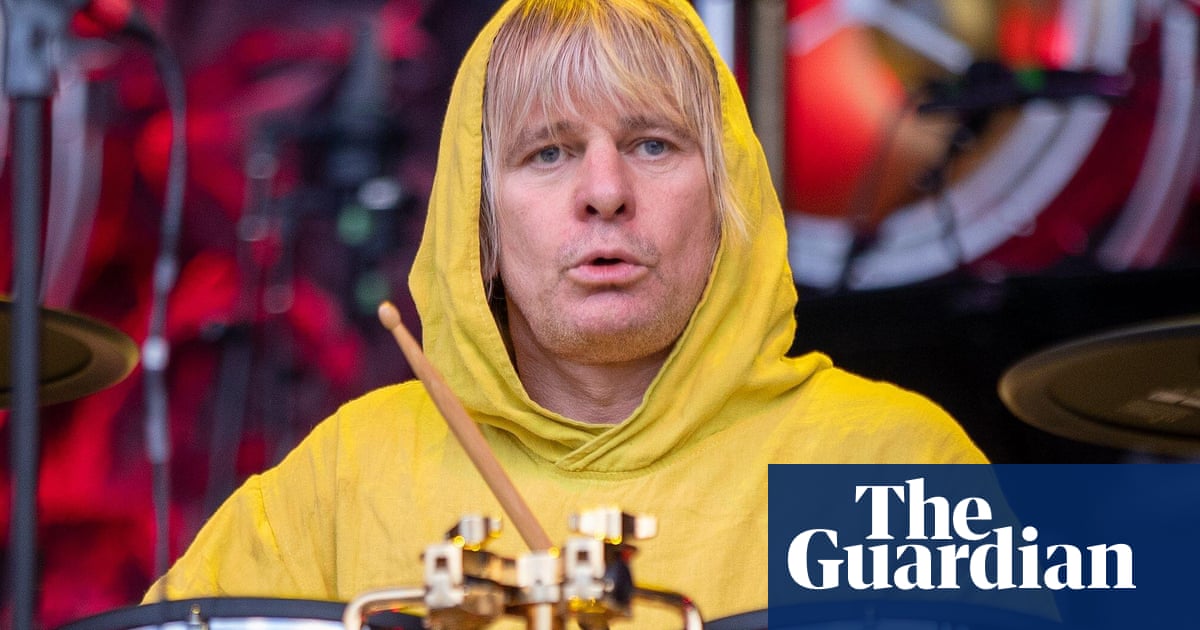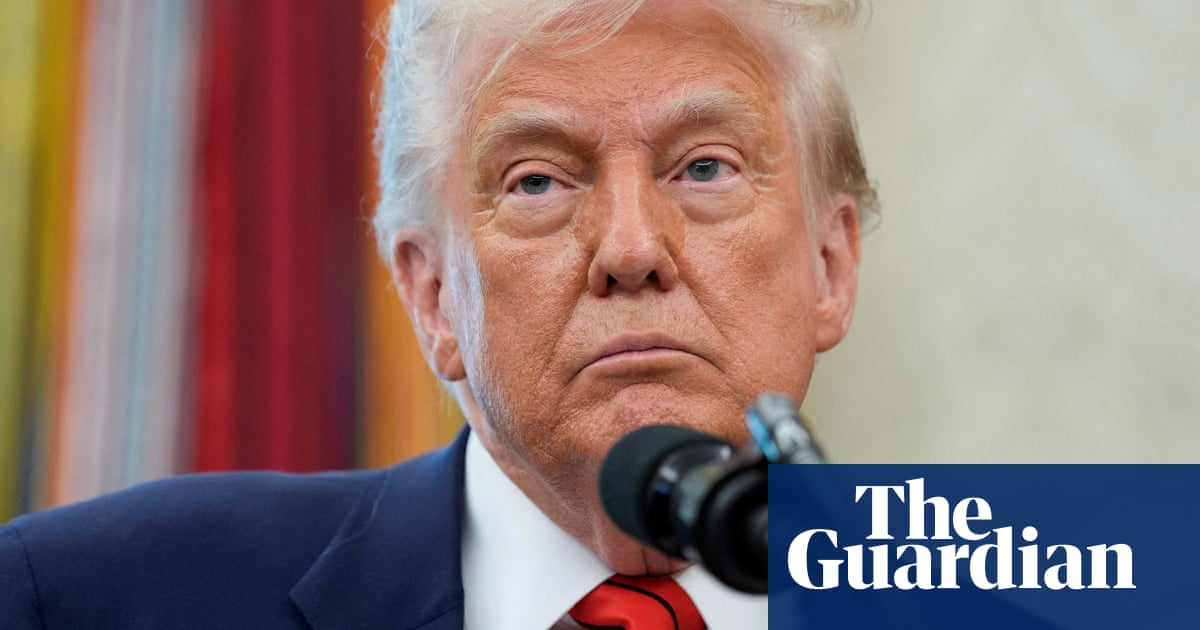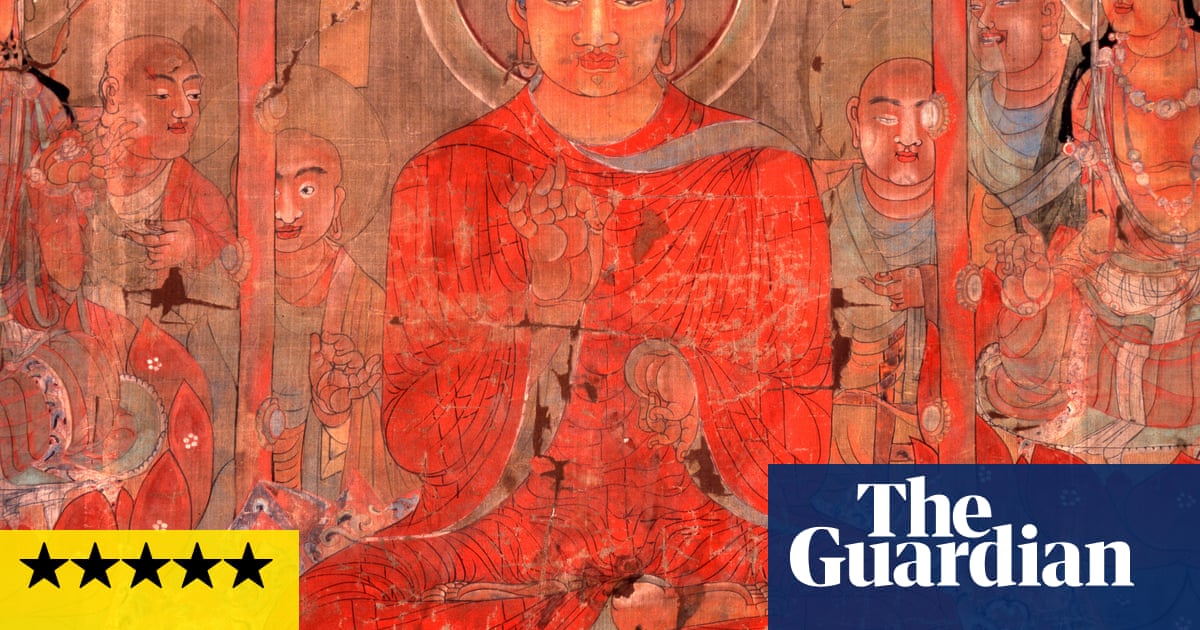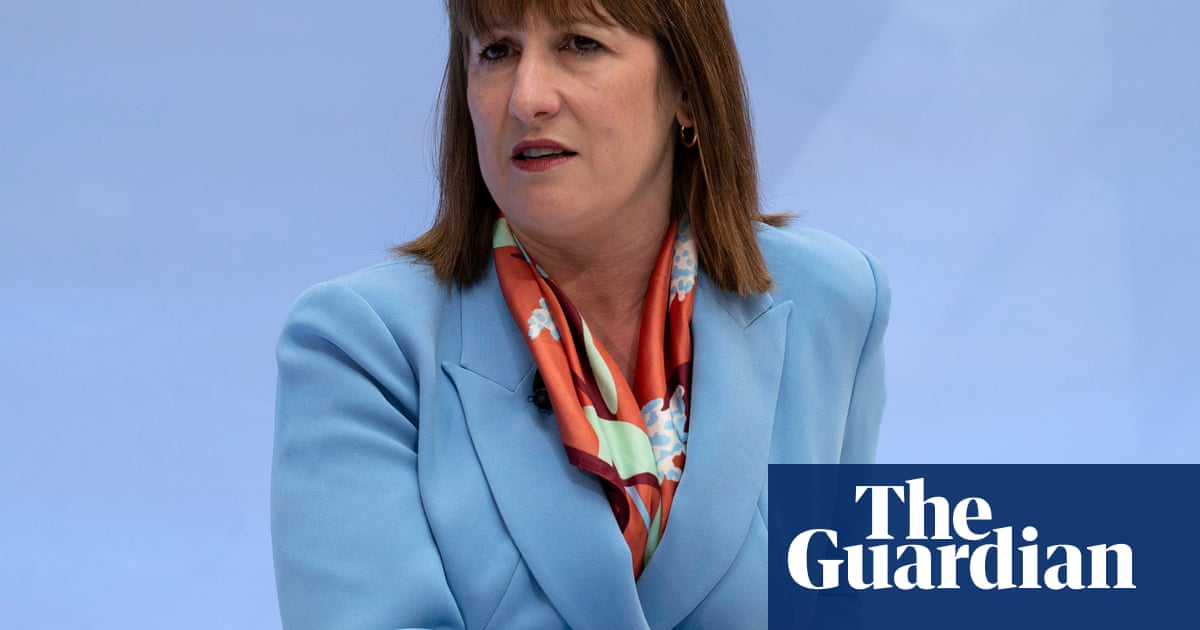The centrist mayor of Bucharest, Nicuşor Dan, is set to win Romania’s pivotal presidential election with 99% of votes counted, according to official figures showing the pro-EU independent eight points clear of his far-right rival, George Simion.
The figures from Romania’s central election authority showed Dan, who had cast the second round vote as a battle between “a pro-western and an anti-western Romania”, on 54.2%, while Simion, a self-professed Trump admirer, had 45.8%.
The capital’s two-term mayor, who made his name fighting corrupt property developers, said voters seeking “profound change, functioning state institutions, less corruption, a prosperous economy and a society of dialogue, not hate, have won”.
Simion conceded early on Monday, after earlier claiming he had won the election. “We may have lost a battle, but we will certainly not lose the war,” he posted on X.
Sergiu Mișcoiu, a political scientist, predicted protests but said that, with several percentage points between the results, it was “hard to believe he’d be able to challenge them”.
Simion’s supporters had received messages on Sunday evening telling them to protest “if the fraud continues” and calling for a “national protest” on Monday “if they try to steal the victory of the Romanian people”.
Ukraine’s president, Volodymyr Zelenskyy, congratulated Dan on his “historic victory”, writing on social media: “For Ukraine – as a neighbour and friend – it is important to have Romania as a reliable partner.”
The voting in Romania took place on the same day as the first round of a Polish election in which a liberal frontrunner, Rafal Trzaskowski, edged ahead of Karol Nawrocki, the candidate backed by the opposition nationalist Law and Justice (PiS) party.
In Portugal, meanwhile, the far-right Chega party took a record 22% of the vote and tied for second place in parliamentary elections that were won by the incumbent centre-right Democratic Alliance (AD) party, although it remained far short of a majority.
All three elections are being closely watched across Europe amid concern that popular anger with mainstream elites over migration and cost-of- living-pressures could erode unity on the continent.
Analysts have described the Romanian election as the most important in the country’s post-communist history, with significant implications for the country’s strategic orientation and economic prospects as well as for European Union unity.
Simion won the 4 May first round, triggering the collapse of Romania’s government of centre-left Social Democrats and centre-right Liberals (PNL). The new president will nominate the next prime minister and influence the formation of a new coalition.
The former soccer ultra and ultranationalist agitator, who sees his far-right AUR party as a “natural ally” of the US Maga movement, scored almost double his rival’s total, but polls in recent days had shown the gap between the two narrowing.
Turnout, which was 53% in the first round, was almost 65%, with young people and Romanians living abroad in particular voting in significantly higher numbers, official figures showed. Analysts had said a high turnout would favour Dan.
The vote is a rerun of last November’s ballot, won by Călin Georgescu, a far-right, Moscow-friendly firebrand, who was barred from standing again after the vote was cancelled amid allegations of campaign finance violations and Russian meddling.
The Romanian foreign ministry said earlier on Sunday it had seen “a viral campaign of fake news on Telegram and other social media platforms” designed “to influence the electoral process”, adding that this bore “the hallmarks of Russian interference”.
after newsletter promotion
Simion had promised to nominate Georgescu, who is under formal investigation on counts including misreporting campaign spending, illegal use of digital technology and promoting fascist groups, as prime minister if he became president.
Romanian presidents have a semi-executive role, with considerable powers over foreign policy, national security, defence spending and judicial appointments, and can also dissolve parliament if MPs reject two prime ministerial nominations.
Dan, 55, had campaigned on a pledge to fight rampant corruption, to maintain support for Ukraine – where Romania has played an important logistic role – and to keep the country firmly within the European mainstream.
He is backed by the Union to Save Romania (USR), a pro-EU, anti-corruption party that he co-founded, and was endorsed by the PNL. He is thought likely to nominate a USR prime minister and try to form a minority government, possibly backed by the PNL.
Addressing his jubilant supporters in central Bucharest, he said he would start talks on forming a new government on Monday but acknowledged his job would be hard. “There will be a difficult period ahead, needed for economic rebalancing,” he said. “Please have hope and patience.”
Simion opposed further aid to Ukraine and had sharply criticised the EU’s leadership. While he insisted he wants Romania to stay in the EU and Nato, he could have allied with Hungary’s Viktor Orbán and Slovakia’s Robert Fico as another disruptive force.
Mujtaba Rahman, of the Eurasia Group consultancy, said the outcome was “a really strong result for the pro-European candidate”, reflecting the way “concerns about political and policy direction moving in a Maga-like way have mobilised voters”.
The founder of the Telegram messaging app, Pavel Durov, earlier appeared to accuse the French government of asking the company to “silence conservative voices in Romania in the election”. France “categorically rejected” what it called “completely unfounded allegations”.
Russian-born Durov, who is now a French national, is being investigated in France over possession of child abuse image, drug trafficking and fraudulent transactions on the app.

 6 hours ago
5
6 hours ago
5
